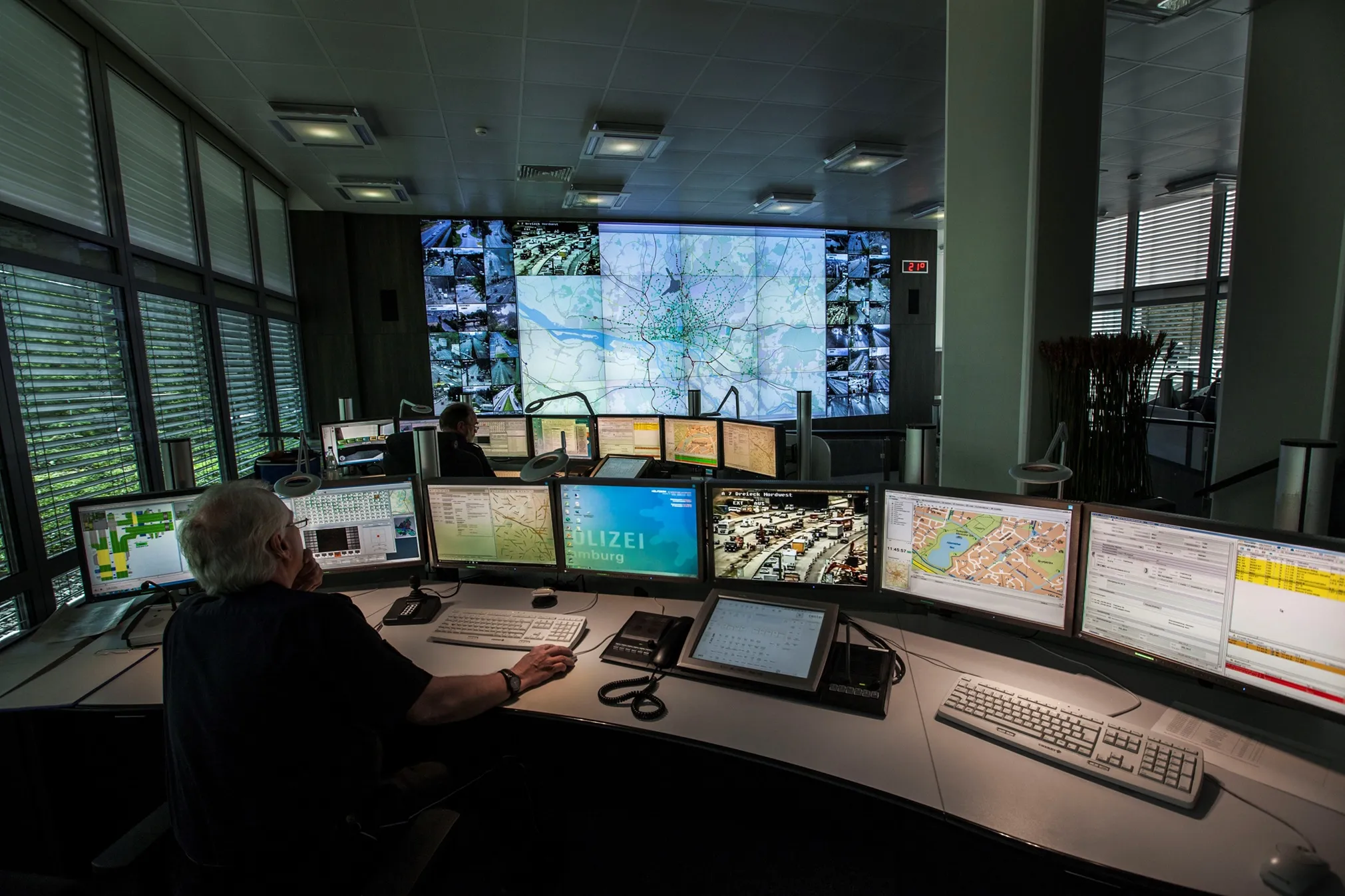Following an earlier announcement in 2016, agreeing on closer cooperation for the development of smart mobility, the City of Karlsruhe, Germany and PTV Group have signed a cooperation agreement on the testing of future scenarios in a new, modern mobility lab. The goal is to establish a real-time traffic prediction system for the Karlsruhe Technology Region.
The implementation is divided into three successive stages. The first project phase, covering traffic of the entire road network in Karlsruhe, was s
February 1, 2017
Read time: 2 mins
Following an earlier announcement in 2016, agreeing on closer cooperation for the development of smart mobility, the City of Karlsruhe, Germany and 3264 PTV Group have signed a cooperation agreement on the testing of future scenarios in a new, modern mobility lab. The goal is to establish a real-time traffic prediction system for the Karlsruhe Technology Region.
The implementation is divided into three successive stages. The first project phase, covering traffic of the entire road network in Karlsruhe, was successfully completed within a period of two months, during which a network model, created on the basis of stationary detector data, was merged with floating car and mobile data.
Phase 2 in the first quarter of 2017 will involve an estimation of traffic conditions based on a dynamic model, which will help predict traffic in areas for which no data has been collected. Transport planners can simulate traffic scenarios, assess different measures and are provided with a set of strategies that they can choose from for predictable events. Traffic prediction for real-time traffic management and optimisation will be part of phase III which will be implemented in the course of 2017.
The implementation is divided into three successive stages. The first project phase, covering traffic of the entire road network in Karlsruhe, was successfully completed within a period of two months, during which a network model, created on the basis of stationary detector data, was merged with floating car and mobile data.
Phase 2 in the first quarter of 2017 will involve an estimation of traffic conditions based on a dynamic model, which will help predict traffic in areas for which no data has been collected. Transport planners can simulate traffic scenarios, assess different measures and are provided with a set of strategies that they can choose from for predictable events. Traffic prediction for real-time traffic management and optimisation will be part of phase III which will be implemented in the course of 2017.










